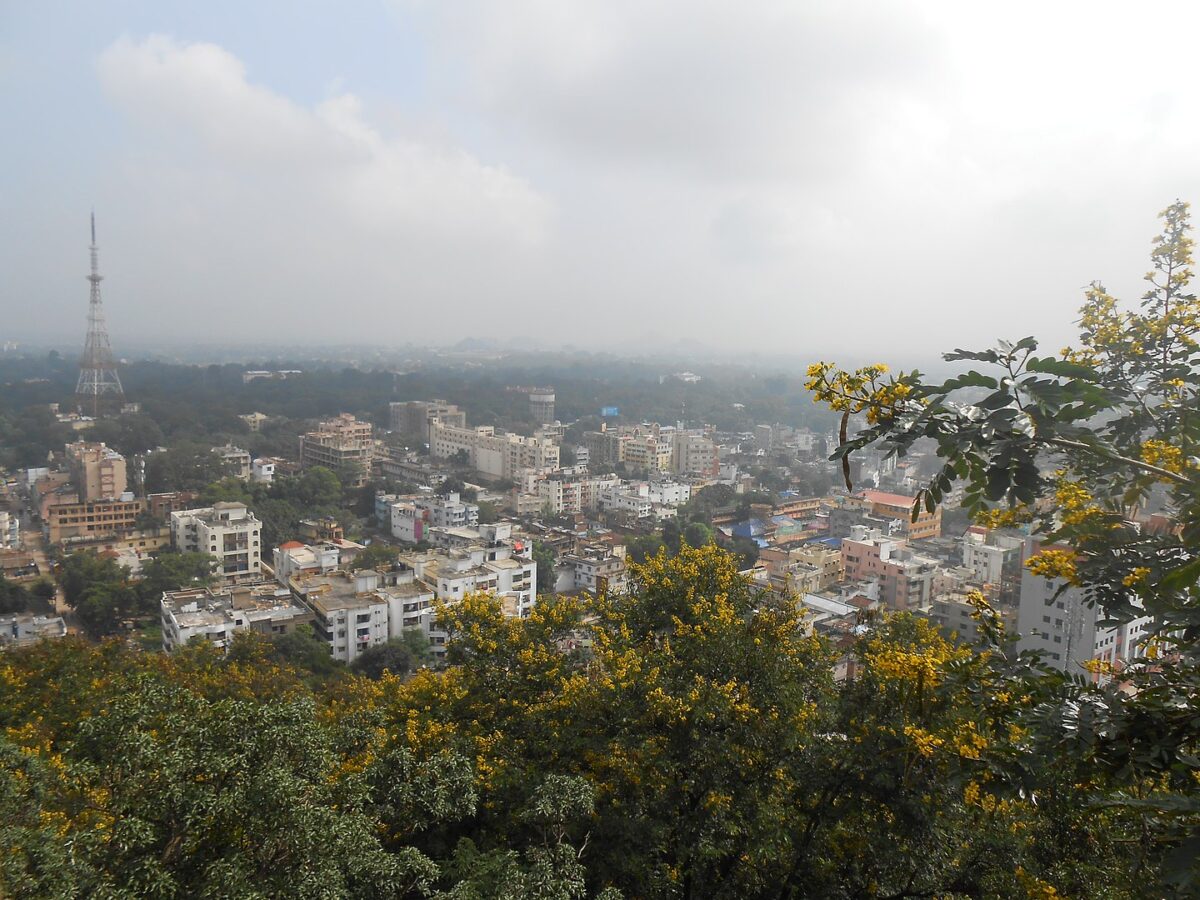RANCHI, INDIA – Agreeing to be a spy/police informant is a dangerous job: on occasion human sources pay with their lives!
There are many ways to gather intelligence on someone or something of interest. You can follow that person: what we call surveillance. You can take pictures – either with a camera or with a satellite: we call that imagery. You can tap someone’s phone or otherwise drop in on their communications: we call that SIGINT.
Or you can recruit someone to be the person of interest’s best buddy. This is in many ways the best form of intelligence as it allows you to not only get to know what the ‘target‘ is up to but a good human source (or ‘agent‘) can be directed to find out more, ask questions, and even misdirect a bad guy.

In many cases I worked on at CSIS human sources were critical to stopping terrorist acts from happening and to getting convictions in court. But it is a dangerous thing to do. If the terrorists find out what you are up to your life is on the line.
As happened in India.
On this day in 2018
Suspected operatives of a banned left-wing extremist organisation in India, the People’s Liberation Guerilla Army, beheaded a man they thought was acting as an informant. The mutilated body of a local pastor, Abraham Topno, was found near the village of Vijaygiri in India’s northeastern Jharkand state.
It was late in the evening, as they entered the thick forests surrounding the state capital, Ranchi. They pulled the pastor and the driver out, blindfolded them and tied their hands with a stiff rope. Then they cut his throat.
Inspector Gimal Kumar
A note was found in red ink in the Hindi language that said, “Death to police spy. Long live PLGA” and signed “Your Maoists”. Whether or not the pastor was indeed a police informant is irrelevant. Beheading anyone is beyond human.
Read More Today in Terrorism
May 31, 1906: Spanish anarchist bombs royal wedding
On May 31, 1906 a Spanish anarchist threw a bomb hoping to hit King Alfonso XIII, killing 24 and wounding more than 100.
May 30, 2009: Anti-government group bombs TV station in Ecuador
On May 30, 2009 two pamphlet-bombs exploded outside an Ecuadorian TV station and ministry: no victims or significant damage ensued.
May 29, 2016: ISIS uses chlorine gas in terrorist attack
On May 29, 2016 35 civilians were wounded in an ISIS attack using rockets containing chlorine gas in Iraq’s Nineveh Province.

